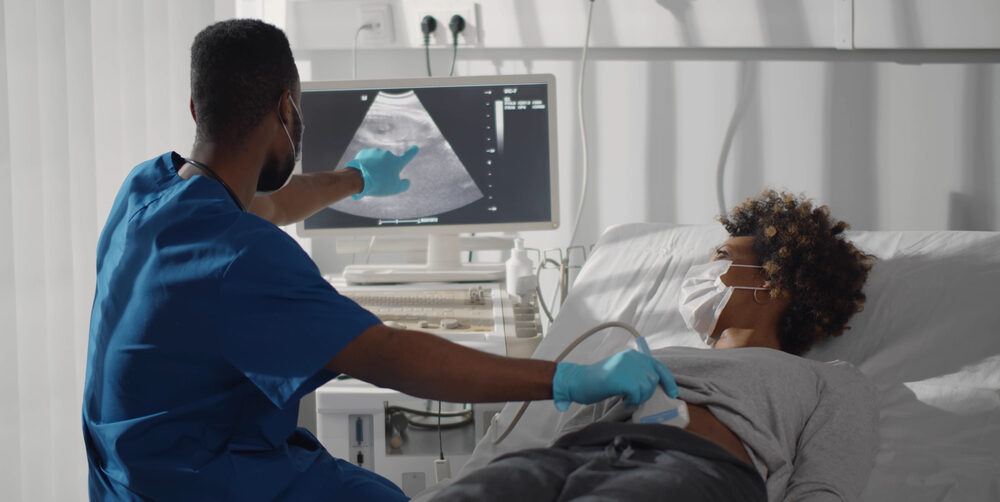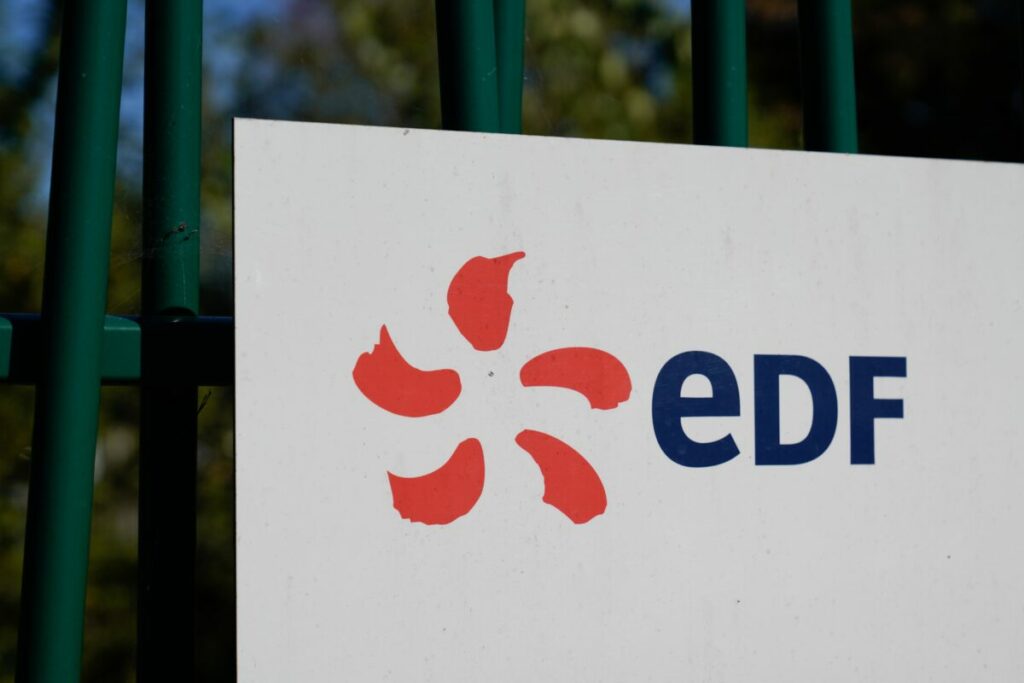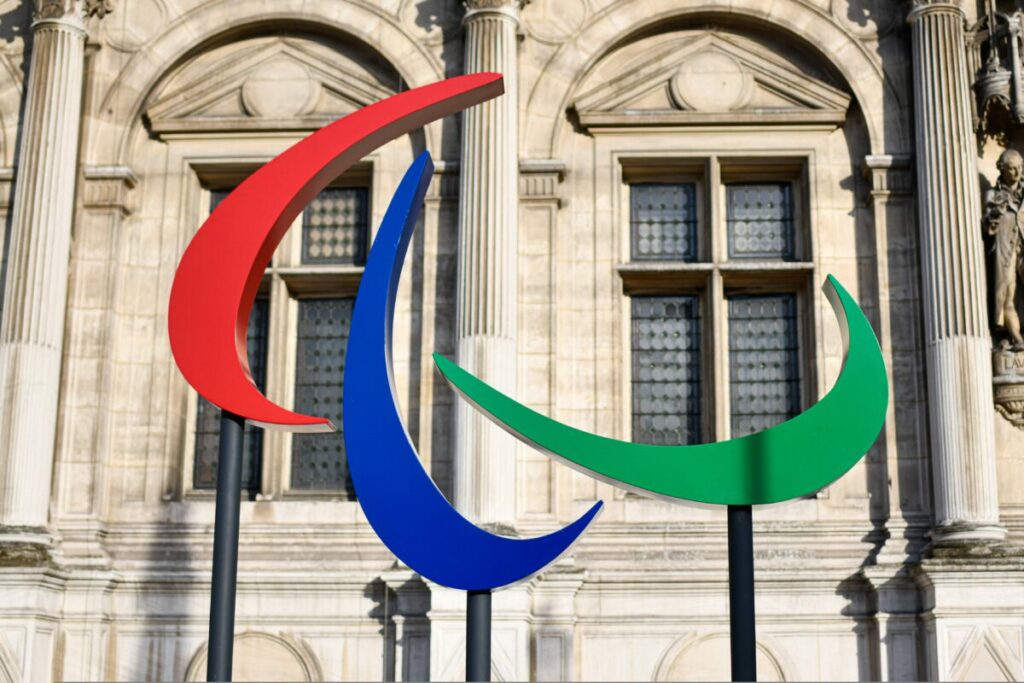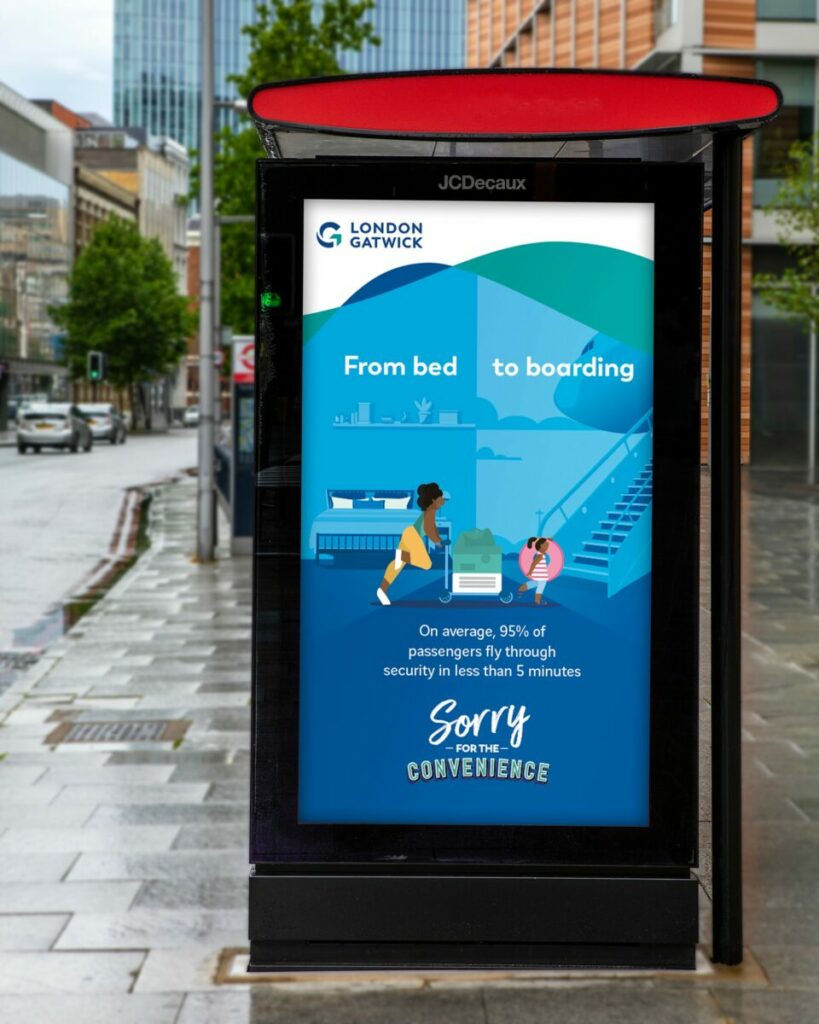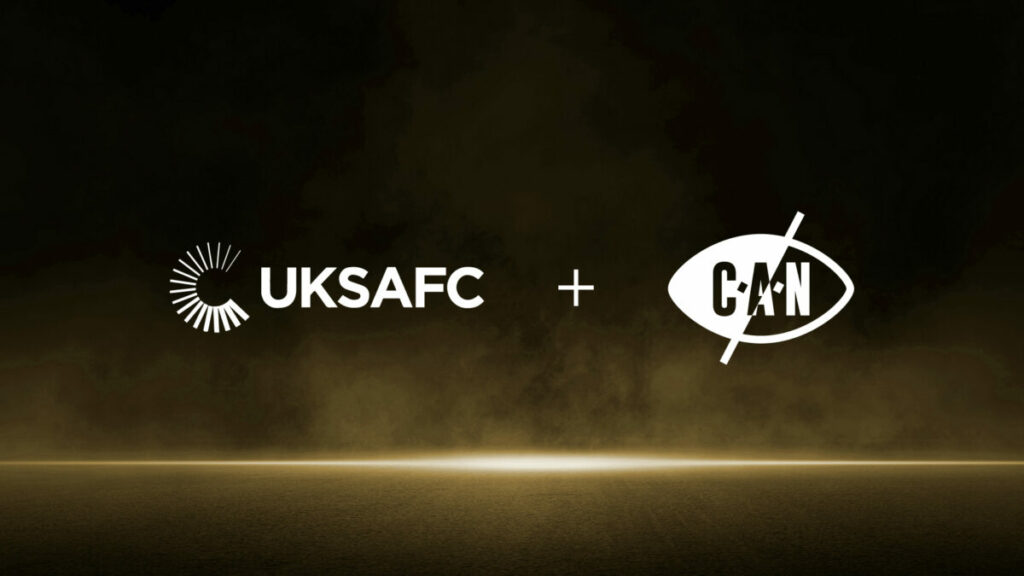Ultrasound scan services Meet Your Miracle and London Private Ultrasound have had advertisements banned by the Advertising Standards Authority (ASA) for misleadingly misrepresenting the extent to which the scans could provide reassurance and determine the health of an unborn baby.
The rulings form part of a wider piece of work on private pregnancy ultrasound scans, identified for investigation by the advertising watchdog.
A website ad for Meet Your Miracle contained ‘ambiguous’ language that failed to clearly highlight that scans review heartbeats and heart rates, provide an expected due date and take measurements of the size of an unborn baby to assess development. The marketing material also claimed that early scans could determine the well-being of the baby despite the fact that the information that could be provided to parents was limited at seven weeks.
“We therefore considered that in the absence of further explanation and information clarifying what the scan assessed or provided in terms of clinical diagnosis, the ad had not made sufficiently clear the extent to which it could provide ‘reassurance’,” the ad authority added.
Subscribe to Marketing Beat for free
Sign up here to get the latest marketing news sent straight to your inbox each morning
As for the London Private Ultrasound website ad, similar claims were made, specifically with regards to the information that could bed expected from an ultrasound scan from eight weeks.
The ad titled ‘Reassurance Scan’, included the claims “we offer you a reassurance scan to provide you a piece of mind about the health of your baby and your pregnancy”, “reduce your parental anxiety and to confirm a normal progress of your pregnancy” and “for the couples who have any concerns about their pregnancy or unborn child”.
The ASA added: “Given the emphasis on providing ‘reassurance’ and using the scan to ‘confirm’ the health of the foetus, and in the absence of further information clarifying what the scan assessed and was able to perceive, particularly from the very early stage of eight weeks into a pregnancy, we concluded that the ad was likely to mislead.”

